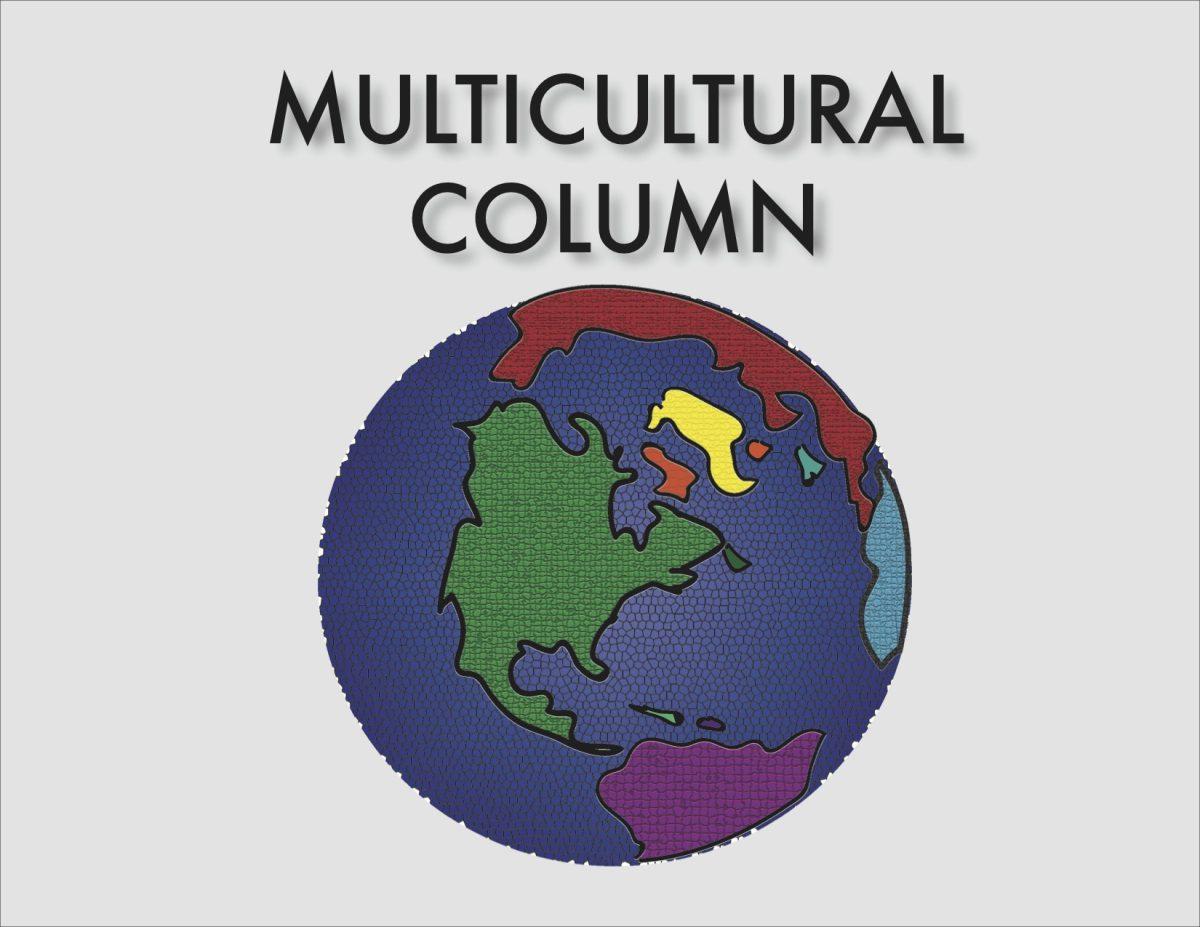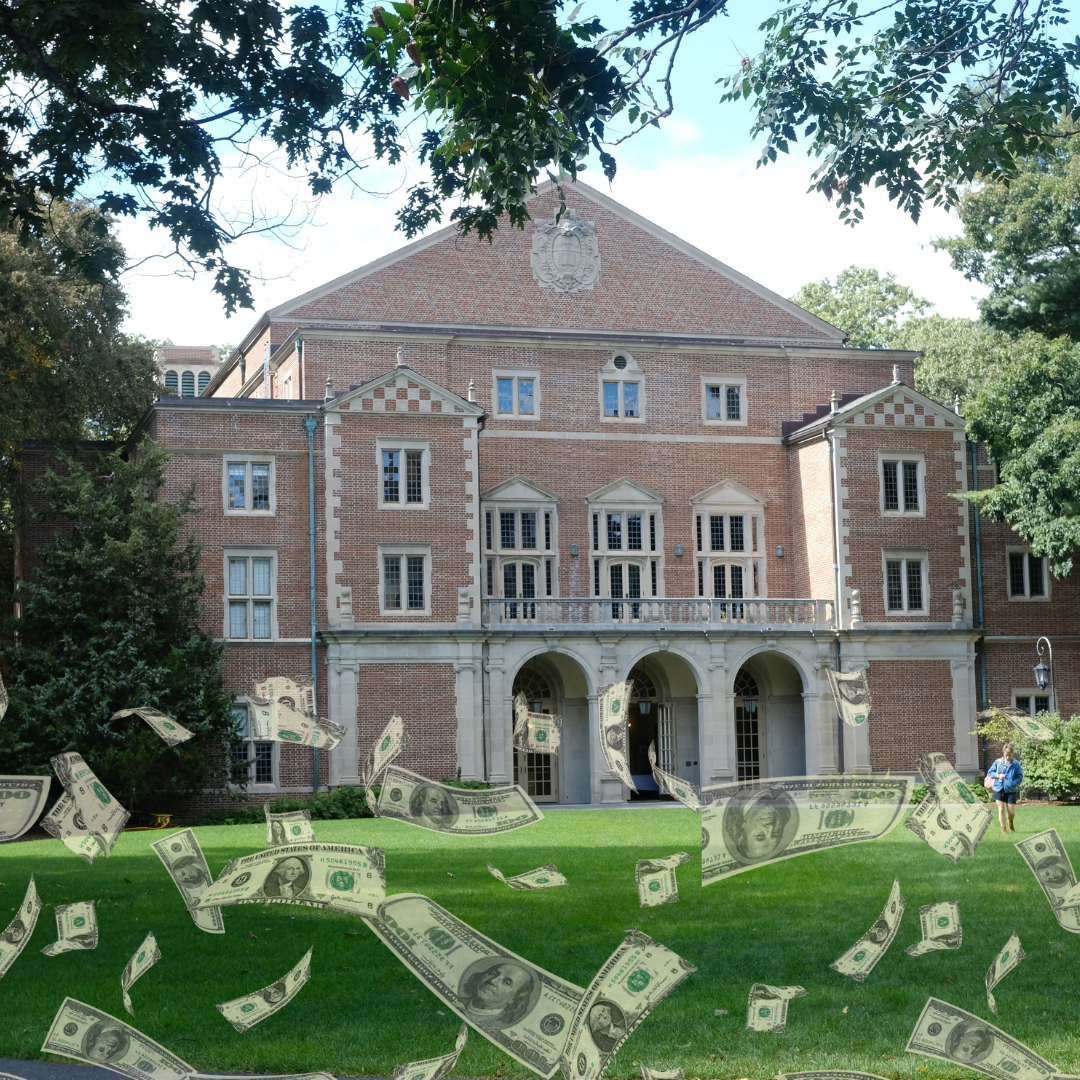I can still clearly picture the moment in which my first encounter with my friend’s mother went awry, unbeknownst to anyone but me. We had gone out for ice cream, and the vibrant green color of the walls of the store and the sickly sweet scent of sugar in the air were making my stomach churn. The topic of conversation only made me feel worse.
We were talking about the college application process. I had made the mistake of complaining about how unfair I thought the process was in general, still not quite believing that some high school students had access to college counselors to walk them through the process, paid SAT or ACT tutors to help them achieve higher scores and were provided with resources in their schools to connect them to universities that they were interested in. Sinking the thousands of dollars into college preparation expected of many students could simply not be a reality for me.
I revealed to my friend Alyssa and her mother that the college application process had looked very different for me during my senior year in New Mexico. As one of the first in the Sánchez family to leave the state for my undergraduate degree, I had little guidance in the process. I had help from my teachers who had reviewed my essays and parents who had paid my application fees—which was more than a lot of students had—but I was still feeling blindsided by the incredible privilege of many students that I’d seen at Wellesley so far.
As someone who passes for white to the overwhelming majority of people that I meet, I know that I have an incredible amount of privilege. I know that there’s a lot that I don’t understand about racism because I don’t experience it in the way that non-white-passing people of color experience it. But I do have the experience of watching myself change from being white into a person of color in someone’s mind, and I saw this happen with Alyssa’s mother as her expression clouded with confusion as I began to speak.
I instantly regretted the words as they came out of my mouth, recognizing that in discussing tutors and counselors, I had basically described Alyssa’s high school experience. Her lips tightened as I finished speaking, and I braced for what I knew would be hurtful words:
“Wow. [Y]ou’re so lucky you’re Hispanic and from New Mexico. My daughter really had to work hard to get into college.”
I felt the smile that had been pasted on my face for most of the conversation slip away. I remained quiet throughout the rest of the discussion, which made me feel even worse about myself. Silently I berated myself for not engaging with Alyssa’s mother. I was livid at myself, at the situation, at everyone but her for saying the nasty words to me in the first place.
I spent the rest of our time in the ice cream parlor wishing that I had told Alyssa’s mom that what she said was offensive and that I had used her words as a great opportunity to calmly explain that, contrary to popular opinion, I had not coasted through the college application process thanks to the little check-mark that I got to put next to the ‘Hispanic’ box under the ‘race and ethnicity’ category.
Alyssa’s mom had been looking to commiserate about the woes of the college process until she’d discovered that I had, in her mind, this incredible advantage over her daughter. Her daughter—who had the benefit of years of private school education, amazing resources and whiteness.
At the same time, I was angry about the assumption that because I’m from New Mexico and Latina, I didn’t have the skills to get into college on my own.
Unfortunately, I tried to ignore the situation and pretend that it had never happened. This strategy worked until a few months later. One night I was in the car with Alyssa and her sister, and her sister was complaining that she had been as qualified as her friend for a position, but her friend had been the one to get the job.
Alyssa tried to reassure her sister and began to say “she only got it because she’s Hisp-” and then cut herself off, remembering that I was in the car. The remark stung just as badly as her mother’s and re-opened the hurt I’d felt.
I know that Alyssa isn’t an evil person. I know that her mother isn’t an evil person, either. That’s what makes the situation so hard for me. Even though they’re not evil people, they have made racist comments that have deeply hurt me. They are racists, and it’s difficult for me to confront them.
It is easy for me to confront racism on a computer screen.
It is easy for me to confront racism when a white supremacist is shouting into the television.
It’s hard for me to confront racism when it’s Alyssa consoling her sister or her mother making an inappropriate comment as she pays for my ice cream.
That makes Alyssa and her mother part of the problem, but I know that it makes me a huge part of the problem as well. I am torn between feeling like it’s not my job to educate Alyssa and her mother about racism and knowing that they’re not going to stop making comments unless I speak up and say something.
But that doesn’t make it hurt any less.







Monique Rinere | Oct 7, 2017 at 9:13 am
This points both to racism and to what is wrong with the whole college admissions fiasco. Beautifully written. It took courage, too, I’m sure. Well done, Jacqueline Sanchez.
“Wow. [Y]ou’re so lucky you’re Hispanic and from New Mexico. My daughter really had to work hard to get into college.”